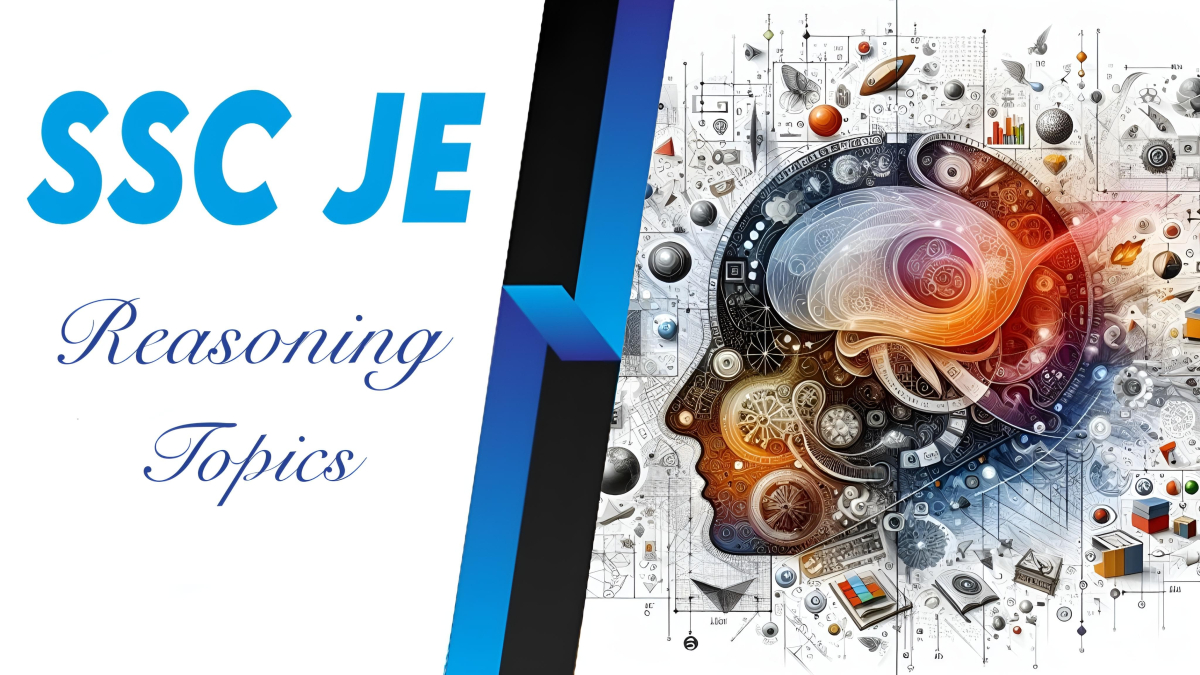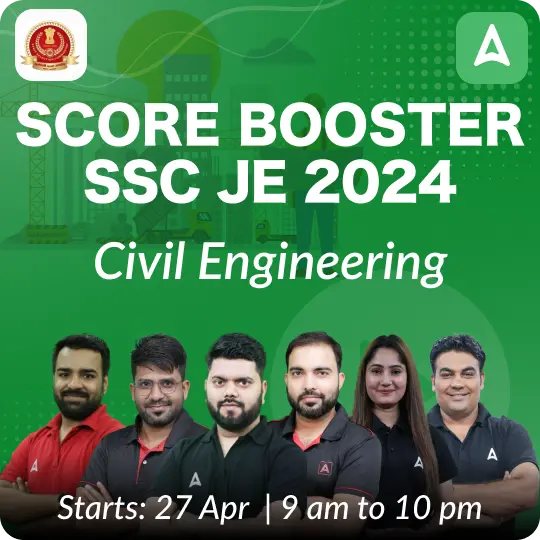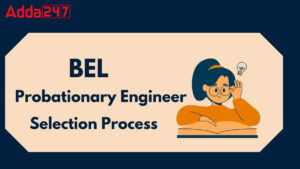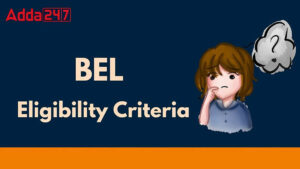Table of Contents
The Staff Selection Commission (SSC) examination is a highly competitive test that demands not only technical knowledge but also sharp reasoning skills. Reasoning ability is a crucial part of the General Intelligence and Reasoning section, which aims to evaluate a candidate’s logical thinking, problem-solving skills, and decision-making capabilities. Excelling in this section can significantly boost a candidate’s overall score. Here’s a comprehensive guide to the key reasoning topics and strategies to ace this section.
SSC JE Reasoning Syllabus
| SSC JE Reasoning Syllabus | ||||
| Classification | Analogy | Coding-Decoding | Paper Folding Method | Matrix |
| Word Formation | Venn Diagram | Direction and Distance | Blood Relations | Series |
| Verbal reasoning | Non-Verbal Reasoning | Seating Arrangement | Analogies | Similarities |
| Differences | Space visualization | Problem-solving | Analysis | Judgment |
| Decision making | Visual memory | Discrimination | Observation | Relationship concepts |
| Arithmetical reasoning, | Verbal and figure classification, | Arithmetical number series | Arithmetical computations | – |
Key Topics in SSC JE Reasoning
Analogy
- Verbal Analogy- Understanding the relationship between two words and finding a similar relationship in another pair.
- Non-Verbal Analogy- Identifying the relationship between figures and patterns.
Classification
- Verbal Classification- Grouping words based on common properties.
- Non-Verbal Classification- Grouping figures or patterns based on shared characteristics.
Series Completion
- Number Series- Finding the missing number or identifying the next number in a sequence.
- Alphabet Series- Completing sequences based on alphabetical patterns.
Coding-Decoding
- Letter Coding- Deciphering codes where letters are replaced by other letters according to a rule.
- Number Coding- Numbers represent letters, and candidates must decode the message.
Blood Relations
- Blood Relations- Understanding and solving problems related to family relationships.
Direction Sense Test
- Direction Sense Test- Determining directions based on given scenarios.
Syllogism
- Syllogism- Logical reasoning involving statements and conclusions.
Puzzle Test
- Puzzle Test- Solving complex problems involving arrangements, sequences, and logical connections.
Venn Diagrams
- Venn Diagrams- Representing sets and their relationships visually to solve problems.
Data Sufficiency
- Data Sufficiency- Determining if the provided data is sufficient to answer a question.
Logical Sequence of Words
- Logical Sequence of Words- Arranging words in a logical order based on given criteria.
Figure Formation and Analysis
- Figure Formation and Analysis- Constructing or analyzing figures based on given parts.
SSC JE Tips And Tricks For Reasoning
- Familiarize yourself with common coding patterns and practice regularly to decode quickly.
- Focus on identifying commonalities and differences quickly to save time.
- Focus on the relevance of the information and practice distinguishing between necessary and unnecessary data.
- Understand set theory basics and practice drawing Venn diagrams for different scenarios.
- Practice different types of puzzles and develop a methodical approach to avoid confusion.
- Improve spatial visualization skills and practice assembling figures.
- Use Venn diagrams to visualize and solve syllogisms efficiently.
- Understand common patterns such as arithmetic progression, geometric progression, and positional patterns in alphabets.
- Identify the criteria quickly and practice with a variety of sequences.
- Practice different types of analogies regularly and develop a strong vocabulary to improve verbal analogy skills.
- Draw family trees and use diagrams to simplify complex relationships.
- Visualize the problem using diagrams and practice regularly to improve spatial understanding.
SSC JE Preparation Strategies for Success
Regular Practice- Dedicate time daily to practice different reasoning topics. Regular practice helps in recognizing patterns and improving speed.
Mock Tests- Take mock tests to simulate exam conditions. This helps in time management and identifying weak areas.
Understand the Concepts- Rather than rote learning, focus on understanding the underlying concepts and logic of each topic.
Analyze Mistakes- Review your mistakes in practice tests and understand where you went wrong. This helps in avoiding similar errors in the future.
Time Management- Prioritize easier questions to secure quick marks and then move to more challenging ones. This strategy helps in maximizing your score.
Stay Updated- Keep abreast of any changes in the exam pattern or syllabus and adjust your preparation accordingly.




 DRDO CEPTAM 11 Apply Online 2025 Starts,...
DRDO CEPTAM 11 Apply Online 2025 Starts,...
 BEL Probationary Engineer Selection Proc...
BEL Probationary Engineer Selection Proc...
 BEL Eligibility Criteria 2025, Age Limit...
BEL Eligibility Criteria 2025, Age Limit...





